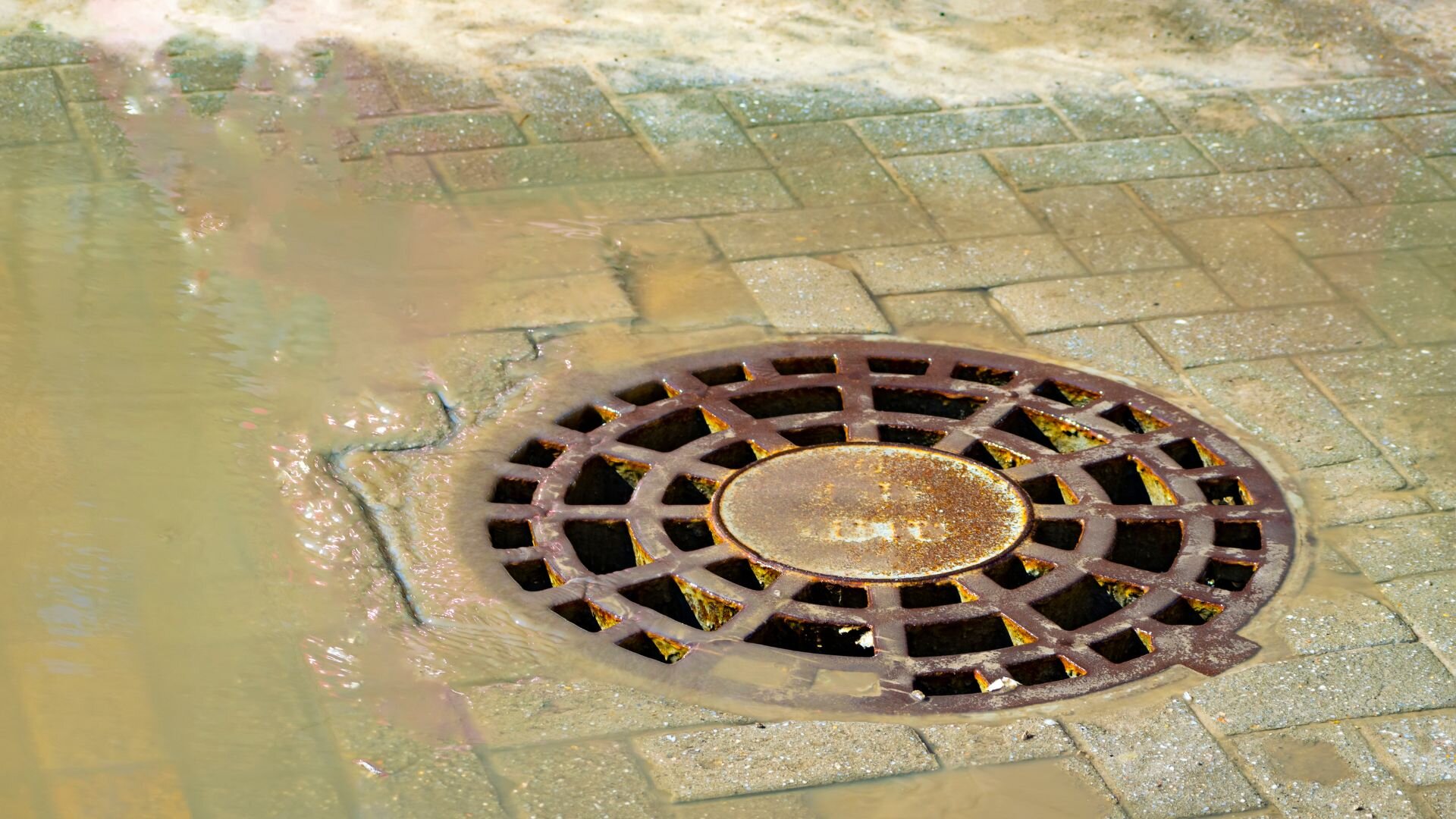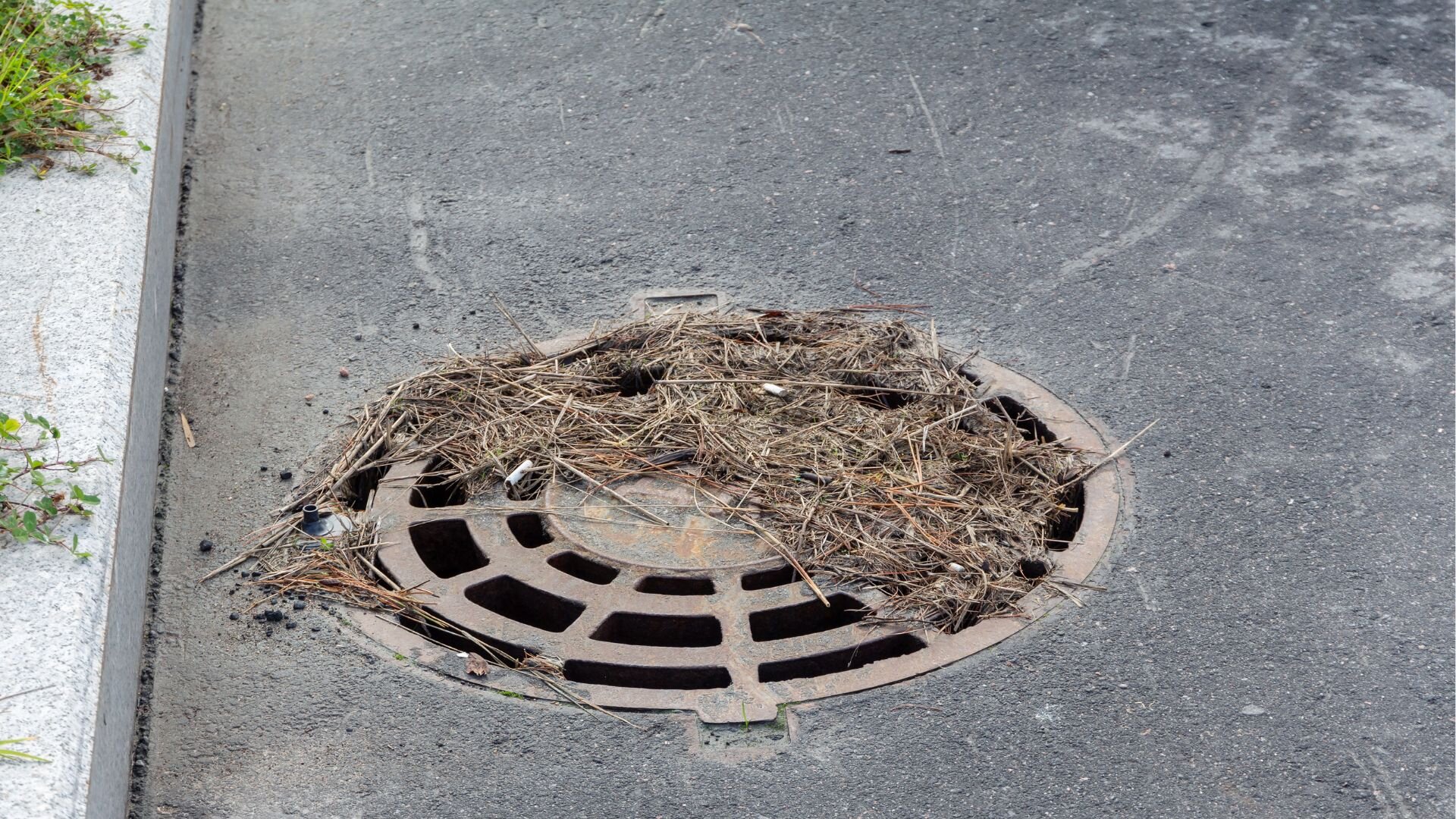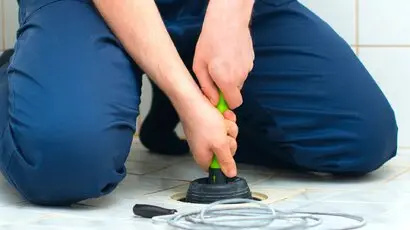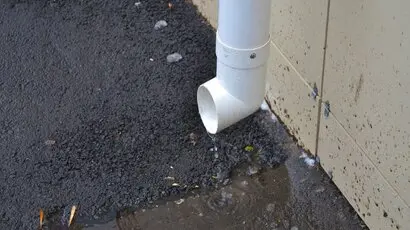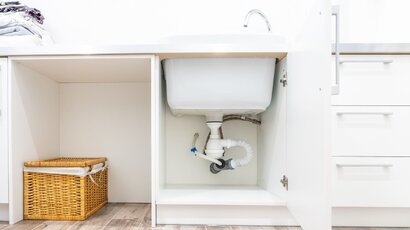When maintaining a healthy drainage system, understanding the intricacies of stormwater management is up there with the most important. Blocked stormwater drains are more than just a minor inconvenience; they can lead to serious plumbing problems and even structural damage.
Today, we’re diving into the causes of blockages, what happens when your stormwater drainage system is compromised, and how property owners can tackle and prevent these issues.
So, if you want to prevent stormwater blockages, keep reading along!
What Are Stormwater Drains?
Stormwater drains play a crucial role in urban areas, managing excess water from heavy rains and storm runoff. Their main job is to divert rainwater away from properties, roads, and other structures, helping to prevent flooding and pooling.
![]()
Stormwater pipes, which form the backbone of this system, are typically connected to stormwater drainage pits, storm drains, and stormwater networks, eventually leading to natural waterways or municipal treatment facilities.
However, stormwater systems can become compromised. A blocked stormwater drain is often the result of a build-up of debris, such as leaves, tree branches, and garden debris. In areas like Melbourne, where the climate can contribute to the rapid growth of vegetation and frequent storms, the challenges with stormwater drains are particularly common.
Major Causes of Blocked Stormwater Drains
Various factors can cause stormwater pipes to become blocked, resulting in a clogged drainage system:
![]()
Tree Roots
Intrusive tree roots can block stormwater pipes by growing into joints and cracks in search of water, particularly during drier seasons or in periods of heavy rain, when they can disrupt the water flow.
Garden Debris
Leaves, grass clippings, and other garden debris can accumulate, especially during the storm season, and can lead to a blocked stormwater drain.
Incorrect Connections
Sometimes, sewer pipes are incorrectly connected to the stormwater system, causing blockages.
Gutter Guards and Roof Gutters
Without proper maintenance, gutter guards can become clogged, leading to blocked drains as they impede water runoff from roof gutters.
The Impact of Blocked Stormwater Drains
Blocked stormwater systems can have serious consequences. When these systems are obstructed, they can’t channel water properly, often leading to flooding. This water build-up can cause damage to properties, resulting in immediate and costly issues for homeowners and city management.
The issues extend beyond the inconvenience of waterlogged streets and basements. Over time, blocked stormwater drainage can be detrimental to the integrity of infrastructure.
![]()
Long-term exposure to standing water can weaken structure foundations, increasing the risk of significant structural damage that’s both dangerous and costly to repair.
Beyond the direct impact on human-constructed environments, the consequences for the natural environment are also considerable. When stormwater systems fail, environmental contaminants and debris can overflow and spill into local waterways. This can disrupt the delicate balance of local ecosystems, harming plant and animal life and contributing to a broader ecological disturbance extending well beyond the blockage’s immediate vicinity.
Detecting a Blocked Stormwater Drain
Identifying a blocked stormwater drain is crucial for property owners to prevent these issues. Several tell-tale signs can alert a property owner to a potential blockage.
An unusual gurgling noise from the drains, especially after heavy rain, is a common sign that water is having trouble moving through the system as it should.
Another visible sign of a problem is water pooling, which can occur near stormwater grates or in low-lying areas of the property. This often indicates that water is not flowing freely through the drainage system and may be obstructed.
Property owners might also observe that excess water in stormwater pits or other collection points drains unusually slowly after rainfall. This slow drainage suggests a reduction in the system’s efficiency, likely due to a blockage impeding the water’s pathway.
Recognising these signs early can be critical in addressing the blockage before it leads to more severe problems, such as flooding or environmental damage. Regular monitoring, especially after storms, can help detect blockages early and maintain the proper function of stormwater drainage systems.
Preventing and Addressing Blockages
Implementing a series of preventative measures is essential to ensure the efficient operation of stormwater drainage systems and to prevent the undesirable consequences of blockages.
Regular cleaning is the cornerstone of preventative maintenance. This involves diligent clearing of leaves, twigs, and other debris from gutters, stormwater grates, and drain covers. Such routine cleaning helps maintain unobstructed water flow and reduces the likelihood of blockages forming.
In addition to surface cleaning, regular plumbing maintenance is a proactive step. Property owners are advised to schedule periodic inspections with a licensed plumber.
These pros conduct thorough assessments of stormwater systems, spotting and fixing minor issues that could turn into big blockages if ignored. Catching and resolving these problems early can save property owners a lot of time, money, and hassle in the long run.
Another effective strategy to minimise the blockage risk is installing gutter guards. These devices act as a barrier to prevent leaves and larger debris from entering the stormwater system while allowing water to pass through. Gutter guards can drastically reduce the required maintenance and provide a long-term solution to clear drainage systems.
By embracing these preventative measures, property owners can significantly mitigate the risk of blocked stormwater drains. Regular maintenance safeguards the property against water-related damage and protects the local environment from potential contamination and harm.
Solutions For Blocked Stormwater Pipes
![]()
High-Pressure Jetting
This process involves using specialised equipment that propels water at high pressures through stormwater pipes. The force of the water is typically sufficient to break apart and dislodge various types of obstructions, such as tree roots, built-up sediment, and other debris that can cause blockages.
High-pressure jetting not only clears the immediate blockage but also cleans the interior walls of the pipes, which can help prevent future clogs and improve overall drainage efficiency.
Drain Auger
Also known as a plumber’s snake, the drain auger is a flexible, coiled tool that can be inserted into stormwater pipes to break up and remove blockages physically. With an auger, a plumber can reach clogs deep within the drainage system that might not be accessible or easily cleared by other means. Its flexibility allows it to navigate the twists and turns of complex pipe networks, making it an effective tool for dislodging tough blockages.
Pipe Relining
When stormwater pipes are damaged, for instance, by root intrusion or general wear, pipe relining can serve as an efficient, trenchless rehabilitation method. This technique involves inserting a new, durable liner inside the existing pipe. The liner is then expanded to fit tightly against the pipe’s interior, effectively creating a "pipe within a pipe."
This new lining seals off any cracks or breaks, preventing roots from re-entering and debris from accumulating, thereby reducing the likelihood of future blockages. Pipe relining can extend the life of a drainage system without the need for extensive excavation, offering a less disruptive and more cost-effective solution than traditional pipe replacement.
When Is Professional Intervention Needed?
When the situation escalates beyond the reach of simple maintenance, it becomes necessary to call upon the expertise of professional plumbing services to handle blocked stormwater drains. These experts are equipped with sophisticated tools and techniques designed to tackle even the most persistent blockages. High-pressure jetting is one of the primary methods, offering a powerful solution that removes the obstruction and cleans the pipe walls to deter future blockages.
Additionally, professionals may conduct CCTV inspections, employing advanced camera technology to delve into the drainage system and visually pinpoint the exact nature and location of the problem, facilitating precise and effective remediation.
In cases where blockages are severe or the stormwater pipes have sustained considerable damage, a more extensive intervention may be required. Professionals might decide that excavation and pipe replacement are necessary to resolve the issue fully. Although this approach is more intrusive, replacing the pipe network’s damaged sections ensures proper drainage restoration and prevents future complications.
With professional intervention, property owners can rest assured that their stormwater drainage system will be restored to optimal function with minimal disruption and long-term reliability.
Know The Signs Of A Stormwater Drain Blockage
Blocked stormwater drains are common, especially in regions prone to heavy rainfall and dense vegetation. The repercussions of a blocked stormwater drainage system can range from mild inconvenience to significant environmental and structural damage.
By understanding the causes, such as tree roots and garden debris, property owners can take proactive steps to prevent blockages, ensuring the seamless function of their stormwater drainage.
For all your blocked stormwater pipes in Melbourne, speak to our WP Plumbing team. Our experienced plumbers have years of experience dealing with clogged drains and can fix your blocked stormwater drain quickly and efficiently.


